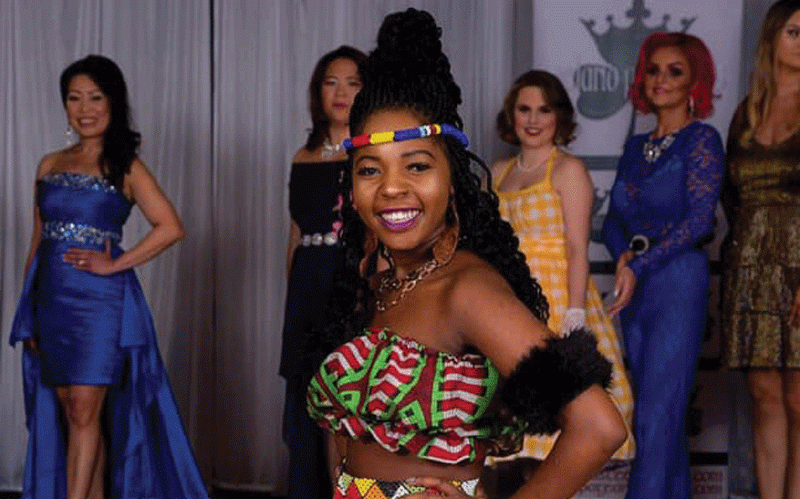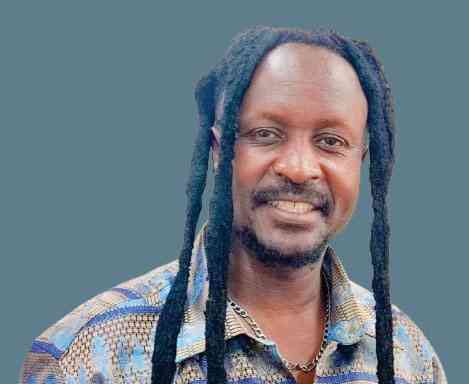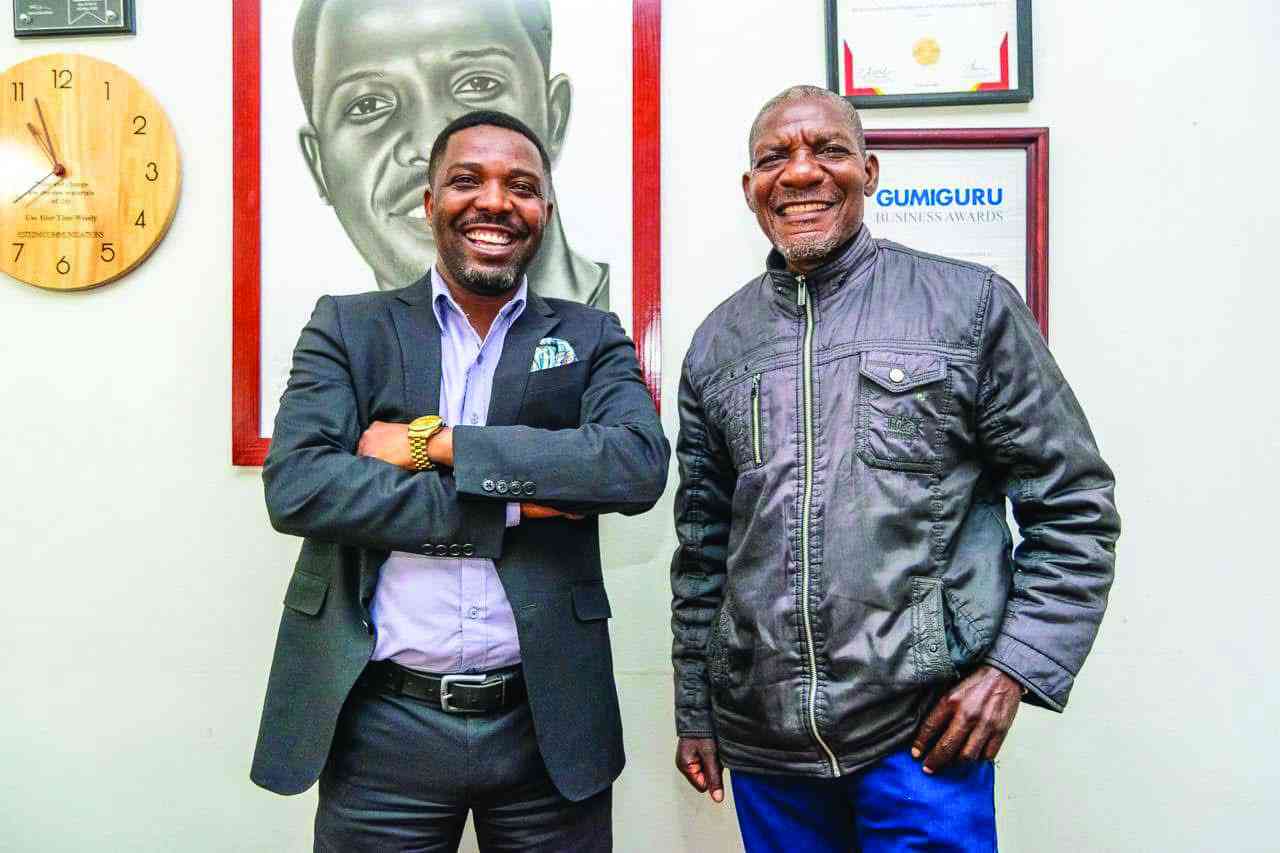
I was born in Mutare, Zimbabwe, though my family is originally from Masvingo. At age seven, we moved to Ireland, then later to Guernsey in the Channel Islands. I spent over a decade there, with stints in mainland UK for university and work, before settling permanently in the UK in 2020.
Living in Guernsey was picturesque but isolating. It’s a small, close-knit community, and as an outsider, I had to navigate social spaces where friendships were already deeply rooted. That experience taught me that people come from different starting points in life, and we shouldn’t expect the same outcomes for everyone.
My memories of Zimbabwe are filled with warmth-family, community, and spontaneous visits that, at the time, felt inconvenient but now feel priceless. Though I don’t live there now, I’m proud of Zimbabwe’s global achievements, like our students excelling in international exams and our presence in global competitions like Miss World. These stories deserve more attention-they reflect a Zimbabwe that is vibrant, capable, and globally competitive.
To stay connected, I visit Zimbabwe as often as I can, speak Shona regularly, and follow local news through social media. I also run an initiative called the Zimbabwe Bright Futures Syndicate, which supports high school students by removing barriers to education. We’ve distributed care packages during Covid-19, donated sanitary pads to combat period poverty, and offered pageant coaching and career guidance.
My dream is to collaborate across industries to help young Zimbabweans thrive. With a First Class Honours in Creative Enterprise and a Master’s in Entrepreneurship, I have applied my skills in financial services and beyond. I’d love to work with business support providers, branding experts, and lifestyle mentors to equip youth with tools for success-both professionally and personally.
Culturally, I express my Zimbabwean identity through fashion like African prints, waist beads-and through storytelling. In public speaking, I often reference Southern African values like Ubuntu to promote inclusion. I also use social media to showcase Zimbabwe’s beauty and culture.
Growing up abroad means I’ll never fully grasp Zimbabwean culture in its purest form. I try to remove the stigma around being from a hybrid culture and celebrate others like me who are doing their best to stay connected to our roots. I still practice small traditions like sharing food, avoiding passing salt hand-to-hand, and keeping gifts even if they’re not to my taste.
There are strong cultural ties between Zimbabwe and the UK. Icons like Princess Diana and Bob Marley left lasting impressions on Zimbabweans. Today, Zimbabwean-owned businesses in the UK, selling traditional meats, produce, and pantry staples—help us stay connected to home. These businesses are supported by a community that bonds over shared nostalgia.
- Mavhunga puts DeMbare into Chibuku quarterfinals
- Zim needs committed leaders to escape political, economic quicksands
- Bulls to charge into Zimbabwe gold stocks
- Ndiraya concerned as goals dry up
Keep Reading
That said, navigating life in the UK as a Zimbabwean isn’t always easy. Challenges vary depending on your age, immigration status, and profession. One common misconception is that the hardest part is getting here. In reality, the real challenge begins after arrival-adjusting to a new culture without the support systems we had back home. We often face discrimination and microaggressions without knowing how to name or respond to them.
There’s also a dual identity struggle. In Zimbabwe, I’m sometimes seen as “too British,” and in the UK, I’m “too Zimbabwean.” It can feel like being a citizen of no nation. That lack of belonging is something many in the diaspora experience, and it’s deeply human to crave acceptance.
To stay informed about Zimbabwe, I rely on social media, word of mouth, and most importantly, visiting in person. Nothing replaces the insight you gain from being on the ground and speaking directly with family and community members.
I’ have also worked to bridge cultural gaps. In Guernsey, I founded Guernsey Diversity Connect, a safe space for ethnically diverse residents to share experiences. I hosted a Shisanyama event featuring Zimbabwean and UK artists, which was covered by BBC Radio Guernsey. At work, I co-lead our global multicultural network and ensure Zimbabwean voices are represented. For example, during Black History Month, I invited a mbira player to perform and share the instrument’s cultural significance.
As for returning to Zimbabwe, I think the question should be more neutral. Many Zimbabweans are moving back without waiting for major changes. For me, it would depend on factors like professional opportunities, quality of life, and the ability to contribute meaningfully.
What I hope people in the UK understand is that Zimbabweans are kind, resilient, and not defined by negative media portrayals. Zimbabwe is a country of immense natural beauty, rich culture, and welcoming people. It’s a destination worth exploring.
To young Zimbabweans in the UK or those considering the move my message is this:
Find who you are and never let that go.
In a world full of opinions about your identity, be your own pillar of strength. Be teachable, but not impressionable. Learn from experiences that help you grow, but don’t take advice from those who don’t know or value you. Follow your instincts, especially when it feels like the world is against you. Be the person your younger self would look up to. Don’t chase fitting-in, no one starts from the same place.
- Born in Zimbabwe and living in the UK, Blessing Mutamba is a pageant queen, reality TV personality, Tedx speaker, entrepreneur and financial services professional
- This column is curated by the British Embassy Harare demonstrating the strong people-to-people relations between the UK and Zimbabwe.











